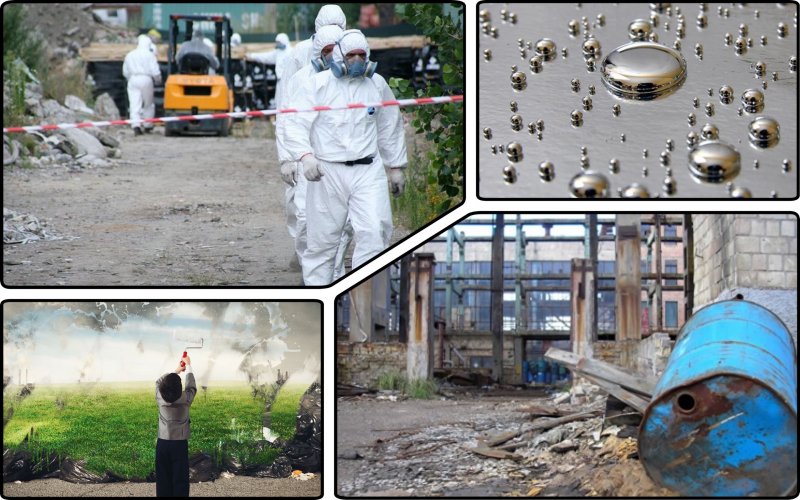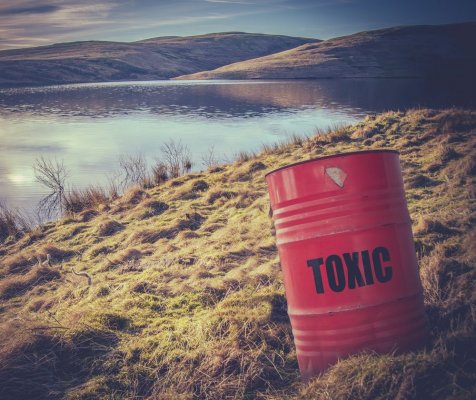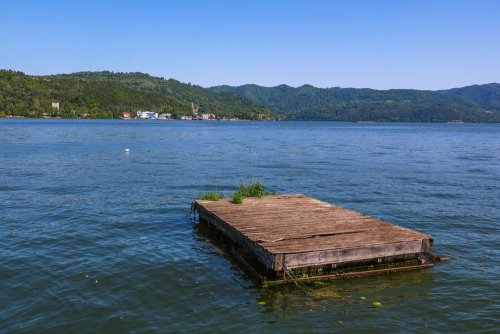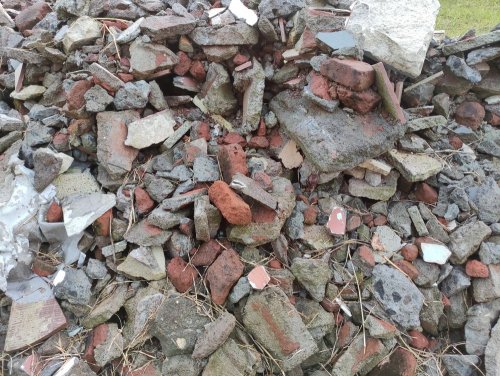On January 1, Law No. 3116-IX "On Ukraine's Accession to the Minamata Convention on Mercury" came into force in Ukraine, introducing international rules for handling this toxic metal and a gradual ban on the production, import and export of mercury-containing goods. However, it will take years to clean up the country's mercury.
Kyrylo Kosourov, Chairman of the Board of the Association of Hazardous Waste Management Enterprises, spoke about the long-awaited accession to this Convention and its impact on overcoming mercury pollution in an exclusive commentary for EcoPolitic.
141 countries have now joined the Convention. The law provides for a phased phase-out of mercury use, namely:
- restriction of supply and trade, gradual rejection of the use of mercury and its compounds;
- banning the establishment of new primary mercury mining enterprises, and existing primary mercury mining enterprises must close by 2032;
- phase-out of production processes that use mercury or mercury compounds;
- establishing a ban on production, import and export of products containing mercury.
"We have been waiting for this step from the parliament for a very long time, because it saves Ukraine from the risk of turning into a global dumping ground for mercury-containing waste," said Kosourov.
He explained that joining the convention opens access to financing for Ukraine. After all, the disposal of mercury is an expensive process, and there are critically few disposal technologies. So even in developed countries, for example in Germany, mercury is converted into a solid oxide with the help of iron chloride. Although such bound mercury is inert, it is buried in salt mines in sealed containers.
Kosourov explained that the law introduces a gradual ban on goods with mercury and its use in certain industries. For example, the ban will not apply to non-industrial gold mining, and companies will be able to sell existing stocks of mercury thermometers, mercury-containing lamps, etc.
According to the expert, the law itself is a framework and requires certain changes to domestic legislation in order for international norms to work, as well as programs to eliminate existing pollution.
Kosourov added that there was only one mercury processing enterprise in Ukraine – the Mykytiv Mercury Plant in occupied Horlivka in Donetsk region. However, according to unofficial information, the occupiers "cut" the plant into scrap metal.
"Now in Ukraine, the situation is critical with mercury residues that have accumulated throughout the country, in particular in the State Service for Emergency Situations. Thus, the regional offices of the State Emergency Service have mercury waste, but they do not have funding for their disposal. Besides, now in the country no licensees, and for some time there will not be those who can work with such waste," explained the expert.
He said that currently programs to eliminate mercury pollution, for example, at the Kyiv plant "Radykal" are not yet being developed and the process of their launch will be quite long. After all, there was very large-scale pollution at Radykal – 10,000 tons of mercury ended up in the open air on the territory of the abandoned chemical plant. In order to eliminate pollution, large-scale works on soil selection, processing of structures, etc. are required.
In his opinion, even after the victory, according to the most optimistic forecasts, it will take 10 years to clean up "Radical".
"So far, we have taken the first step on a long and by no means cheap path – we have recognized the basic principles of the convention, namely the rejection of mercury and mercury-containing products. But we are no longer alone with the problem, but are connected to the global process, which involves certain financial mechanisms. This will help solve our problems in the future," he said.
Earlier, EcoPolitic wrote, that in May, the Verkhovna Rada adopted draft law No. 0199 "On the accession of Ukraine to the Minamata Convention on Mercury" as a basis and as a whole, which introduces international rules for handling mercury.
As EcoPolitic previously reported, the European Business Association called on the government to urgently take measures to restore the work of companies in the field of hazardous waste management. Since January 9, any activity in this field is illegal in Ukraine.





